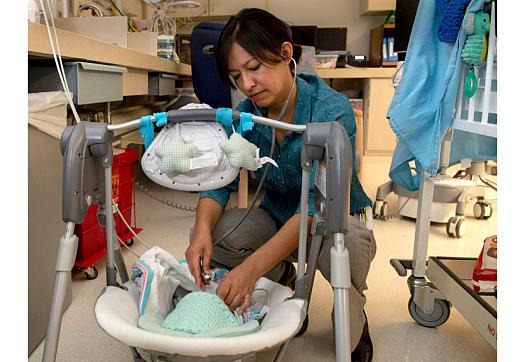
Over the decade from 2008 to 2017, as the opioid epidemic took hold, the number of drug-exposed infants born per year nearly tripled in California

Over the decade from 2008 to 2017, as the opioid epidemic took hold, the number of drug-exposed infants born per year nearly tripled in California
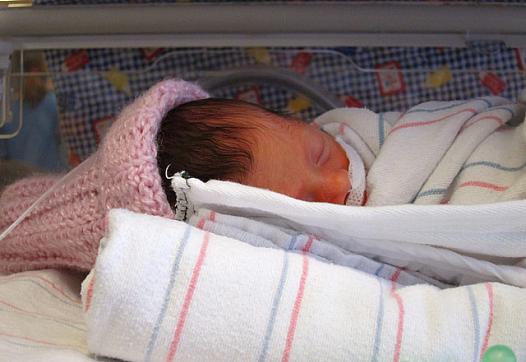
A recent study finds preemies had 1.6 times the risk of being readmitted to the hospital within their first year for injuries from physical abuse and neglect.
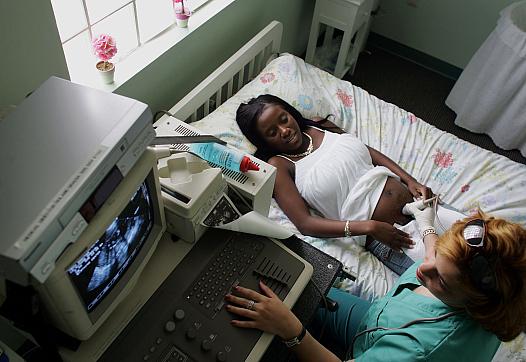
A new California survey of pregnant and new mothers paints a bleak picture of what it’s like to be a black mother.
This story was produced as a project for the USC Annenberg Center for Health Journalism’s 2018 California Fellowship.
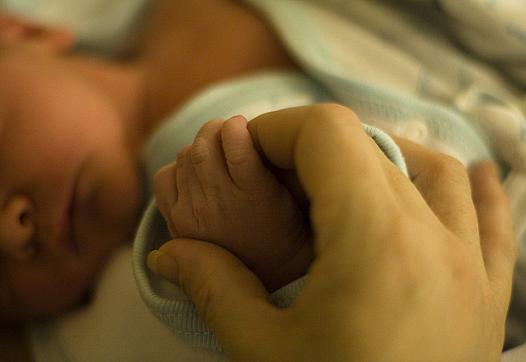
In 2015, fewer than 10 percent of new mothers were screened for depression at Cedars-Sinai in L.A. Psychologist Eynav Accortt set out to change that.
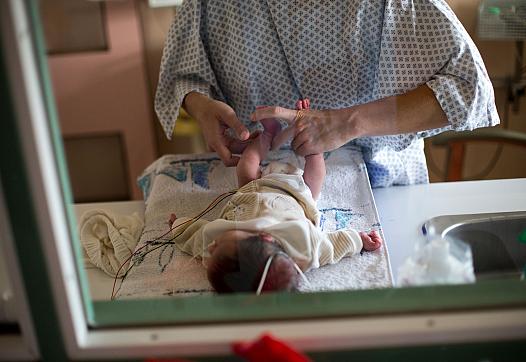
The challenge for journalists covering the country’s unchanged perinatal mortality rate is to go beyond the hospital setting, says Boston University's Eugene Declercq.
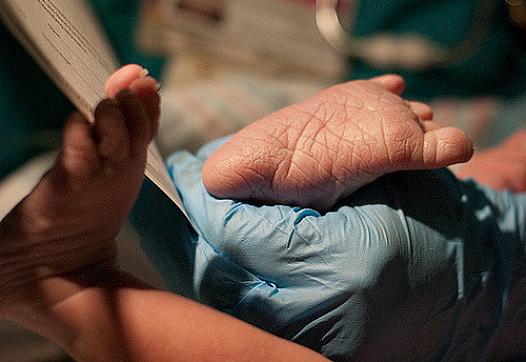
Could a family have been spared the heartache of a baby with severe nerve damage if they knew more about the hospital where the mother planned to give birth?
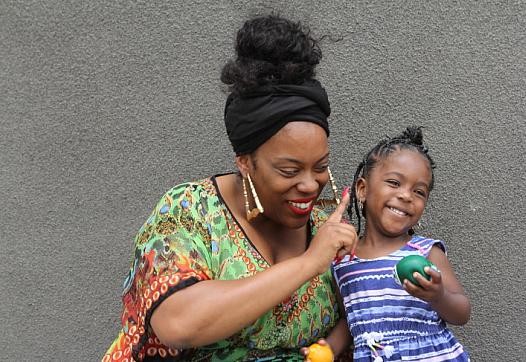
It's one thing to identify the complex social cause of this crisis. It's far harder to combat racism and stop more babies from dying.
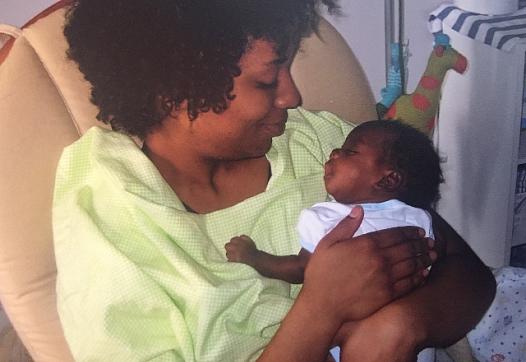
Reporter Priska Neely talks to her sister Nicole to talk about the two babies she lost nearly 20 years ago, after going into premature labor both times.
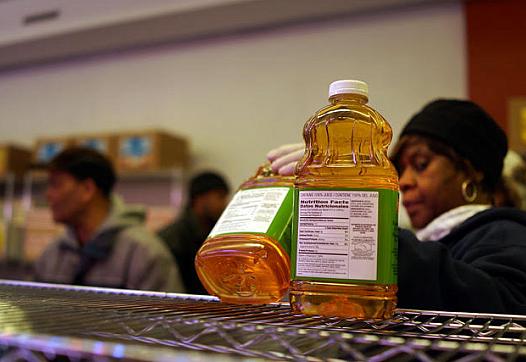
Even with help from food stamps and a federal nutrition program, nearly half of U.S. households receiving such benefits struggle to feed their families.